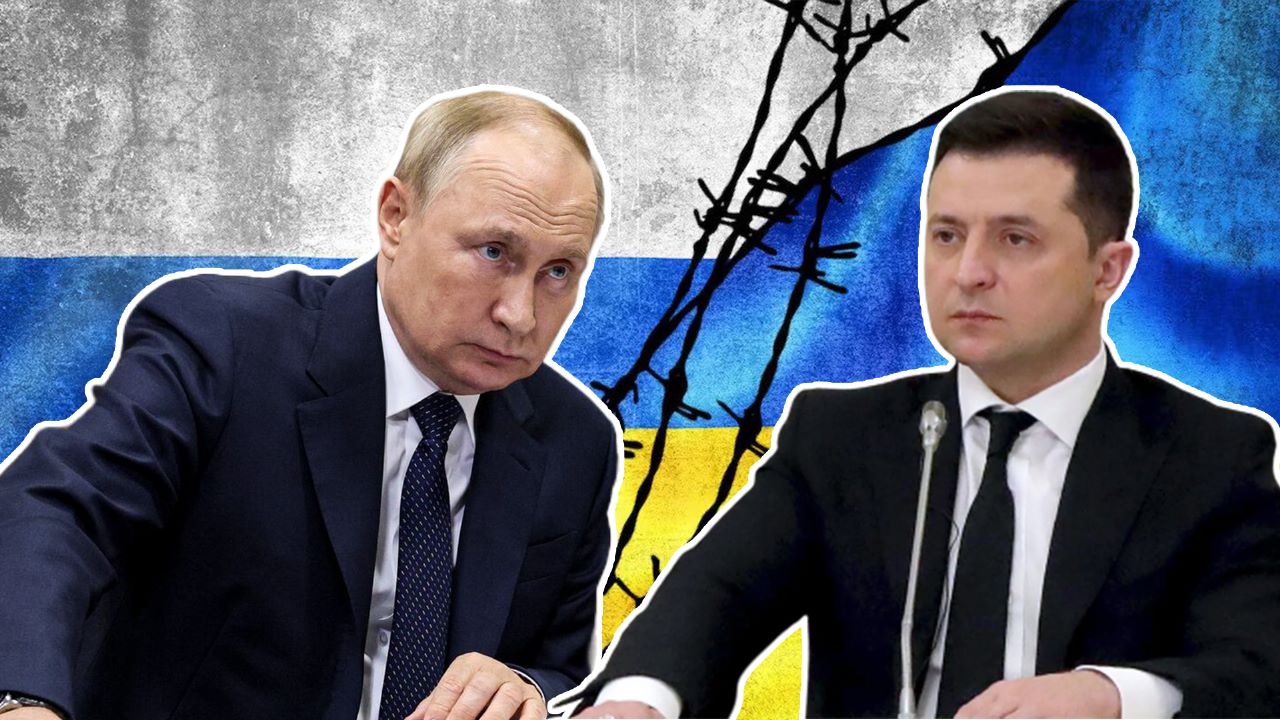Donald Trump’s win in the 2024 presidential election, alongside the Republican Party’s capture of the Senate, signals a significant shift in the political landscape of the United States, particularly in the context of the Republican Party’s existing majority in the House of Representatives.
Trump secured over 276 electoral votes out of the required 270, clinching the presidency. He also won the popular vote, which is notable as it reverses the trend from his 2016 win, where he won the Electoral College but not the popular vote.
The overwhelming support Trump received from across the US and the fact that this will be his second term as President should allow him to implement his election promises with relative ease.
One of his important promises was that he would end the war in Ukraine. Let us dwell on that.
Trump has repeatedly said that he could end the Russia-Ukraine war quickly, sometimes stretching credulity with his projected time frame – “in 24 hours” or even before his inauguration if elected.
https://www.eurasiantimes.com/u-s-india-relations-under-donald-trump
He has suggested that his approach would be more effective due to his personal good relationships with both Ukrainian President Volodymyr Zelenskyy and Russian President Vladimir Putin.
Trump has asserted that Zelenskyy and Putinn respect him more than they do Biden, which he believes would facilitate negotiations.
Trump has also suggested that Zelenskyy should never have let the war start, implying that Ukraine could have made concessions to prevent the conflict. He has criticized Biden for allegedly instigating the war by providing military aid without pushing for a diplomatic solution.
Trump’s campaign has hinted at a policy where the U.S. might pressure Ukraine into negotiations, possibly involving territorial concessions, to end the war swiftly.
Donald TRUMPS! Iran’s “Worst Nightmare” Is Back In Power! Why Should Tehran Be Concerned?
Trump’s Peace Proposal
Following Trump’s resounding electoral victory, Vice President-elect J.D. Vance outlined Trump’s approach to peace in Ukraine.
1. A ceasefire based on the current lines of demarcation between Russia and Ukraine, creating a demilitarized zone along these lines.
2. Ukraine would remain outside of NATO, suggesting a policy of neutrality for Ukraine.
3. Ukraine might need to make territorial concessions, particularly regarding areas where there are significant Russian-speaking populations or where Russia has control, like Crimea and parts of the Donbas.
4. European nations should take on more responsibility for supporting Ukraine, both financially and militarily, rather than relying heavily on the U.S.
US Pushes “F-22, F-35 Fusion” To Indian Air Force Under Make In India; Lockheed Boss Meets PM Modi
The peace proposals outlined by Vance revolve around Trump’s more isolationist or less interventionist foreign policy approach to the Ukraine conflict. They rely on leveraging personal diplomacy and aim to reduce U.S. involvement or alter the terms of engagement by pushing for negotiations that might not favor Ukraine’s full territorial integrity.

Putin’s Last Peace Proposal
President Vladimir Putin’s latest peace proposal to Ukraine, as outlined in various reports and statements up to late October 2024, laid down the following two conditions for engaging in peace talks with Ukraine.
1. Complete withdrawal by Ukrainian forces from the territories of Donetsk, Luhansk, Kherson, and Zaporizhzhia regions.
2. Ukraine must formally renounce its plans to join NATO.
Putin stated that as soon as Ukraine agrees to withdraw from these regions and declares its intention to remain neutral (not join NATO), Russia would “immediately” order a ceasefire and start negotiations.
The negotiations would cover international Recognition of the “new territorial realities” and the lifting of all Western sanctions against Russia as part of any peace deal.
When they were outlined, Ukraine and Western countries dismissed President Putin’s proposals, insisting that peace would require the full withdrawal of Russian forces from all Ukrainian territory, including Crimea, which voted to join Russia in 2014.
Narrowed Gap Could Herald Peace
At the outset, it appears the gap between President Trump’s and President Putin’s proposals is negotiable.
Trump’s proposals are potentially more aligned with Russian interests than the current stance of Ukraine and its Western allies, who insist on the restoration of Ukraine’s full territorial integrity and sovereignty before peace talks can proceed effectively.
Coincidentally, Zelenskyy, in his post-election congratulations, appreciatively mentioned Trump’s commitment to the “peace through strength” approach, which is another way of describing Trump’s isolationist or less interventionist approach.
Russian Response To Trump’s Election & Peace Proposal
The Russian response to Trump’s peace proposals has been muted. The Kremlin has indicated that any peace plan from the Trump administration would need to reflect the “reality on the ground.”
Dmitry Peskov, the Kremlin spokesperson, has commented that while
1. Putin remains open to negotiations. However, Russian-US relations are at their lowest point in history. Their future fate depends on American leadership; it is practically impossible to worsen them even more.
2. The United States is now an unfriendly country involved in a war against Russia.
3. The US is capable of changing its policy towards Ukraine, but it is impossible to end the conflict overnight.
Conclusion
President-Elect Donald Trump’s proposals for ending the war in Ukraine and Russia’s response, as articulated by Dmitry Peskov, are both anchored in pragmatism. Negotiations can plug the gaps in Trump’s and Putin’s proposals.
Negotiations for peace between Ukraine and Russia are likely to start in the next few months, most likely under President Trump.
However, President Zelensky’s congratulatory message to Trump hints at an acceptance of the changed realities. Consequently, negotiations could start even before Trump’s inauguration as President on January 20, 2025. Zelensky may conclude that he will be able to negotiate a better deal with Putin under Joe Biden than under Donald Trump!
Given Trump’s and Vance’s overwhelming mandate, it’s unlikely that incumbent President Joe Biden would hinder such negotiations. Indeed, history will judge Joe Biden and the Democratic party more favorably if the Ukraine war ends before January 20.
- Vijainder K Thakur is a retired IAF Jaguar pilot, author, software architect, entrepreneur, and military analyst.
- VIEWS PERSONAL OF THE AUTHOR
- Follow the author @vkthakur